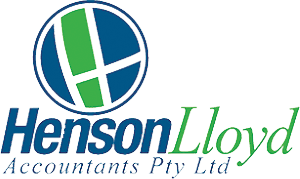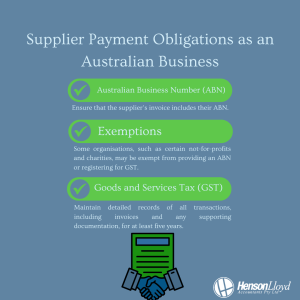Whilst many of us defer lodging our tax, lodging a tax return sooner rather than later may reduce any ongoing quarterly tax instalment payments.
Business owners need to be aware of their specific tax obligations as well as any measures designed to minimise the amount of tax paid.
We encourage businesses to pay particular attention to the following key areas:
Current Year Super Contributions
Super must be paid by 30 June 2021 to qualify for a tax deduction in the 2020–21 financial year. The superannuation fund must receive these contributions by 30 June. Some clearing houses can take more than a week to submit the payment to the super fund, so it would be advisable to ensure that superannuation is paid by mid-June where possible.
Increase your Super Contributions
The ATO’s carry-forward rules allow you to make extra concessional contributions above the general concessional contributions cap ($25,000 in 2021) without having to pay extra tax.
Concessional contributions are any of the contributions paid into your super account that receive a concessional (or lower) tax rate. They include employer contributions (compulsory, additional or salary sacrifice payments) and personal contributions. The carry-forward arrangements involve accessing unused concessional cap amounts from previous years.
An unused cap amount occurs when the concessional contributions you made in a financial year were less than your general concessional contributions cap. 2018/19 was the first financial year you could accrue unused cap amounts and these amounts can be used from 1 July 2019. Unused cap amounts can be carried forward for up to five years before they expire. To use your unused cap amounts, your total super balance at the prior 30 June must be below $500,000.
EXAMPLE: If your concessional contributions in the 2020 financial year totalled $20,000 your are allowed to contribute up to $30,000 of concessional contributions in the 2021 financial year.
The instant asset write-off
Policies have been expanded again in the last two federal budgets as part of the government’s COVID-19 initiative to encourage business spending. There is now no limit to the amount a small business can write off under this concession. Businesses with aggregated turnover of less than $50 million receive a full write-off for new and second-hand assets.
While the May 2021 federal budget extended the concession all the way up until 30 June 2023, there is still a timing advantage where claims can be made in 2020–21.
Loss carry-back
Another concession introduced in the October 2020 federal budget and extended for a further 12 months in the May 2021 Budget, this concession allows a company (i.e. not available to partnerships, trusts or individuals) to “carry back” tax losses incurred in any of the 2019–2020, 2020–21, 2021–22 and 2022–23 income years to an earlier year as far back as 2018–19.
A refund could be claimed on lodgement of tax returns from the 2020–2021 year onwards, representing the tax saving that would have arisen if the tax loss had been available to claim in the earlier year.
Small business CGT concessions
Taxpayers operating a business may be eligible for these concessions on the sale of business assets by a company or on the sale of shares in a company carrying on a business.
The concessions may be available where aggregated turnover is less than $2 million or total net assets (excluding the family home and superannuation fund balances) less than $6 million, although the eligibility rules are quite strict, having been tightened significantly in recent years.
Income deferral
Businesses may wish to delay tax payments on assessable income this financial year by deferring invoices until after 30 June. Income from the payments won’t be taxed until the following financial year.
The above are very important considerations, if you have any questions or require assistance, please do not hesitate to contact us.





